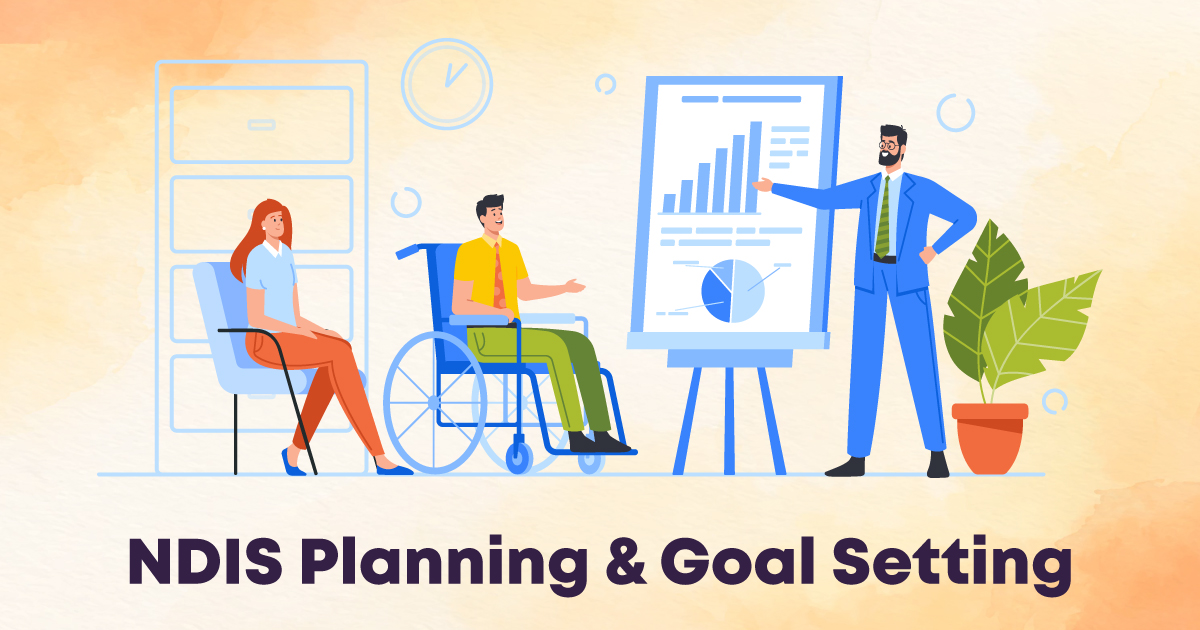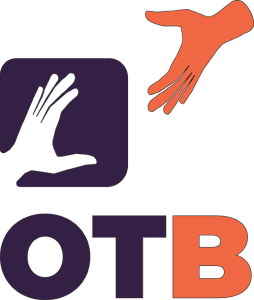Setting clear NDIS goals is key to getting the right support and funding. Your goals, whether big or small, short-term or long-term, determine the services you need. You can set them with your plan nominee or family representative and we’ll record them in your words. Family and friends can also share support needs. You can update goals anytime, and disability mentoring services can help refine them. Being specific helps ensure you get the support to reach your aspirations.
What are NDIS goals?
NDIS goals are like a roadmap that helps guide you toward what you want to achieve. Each goal is a clear statement of what you’re aiming for, helping you stay focused and motivated along the way. They give the NDIS a clear understanding of your priorities and what you aim to achieve. For your NDIS Plan to be approved, it needs to include at least one goal, and each goal should also explain what kind of support you’ll need to reach it.
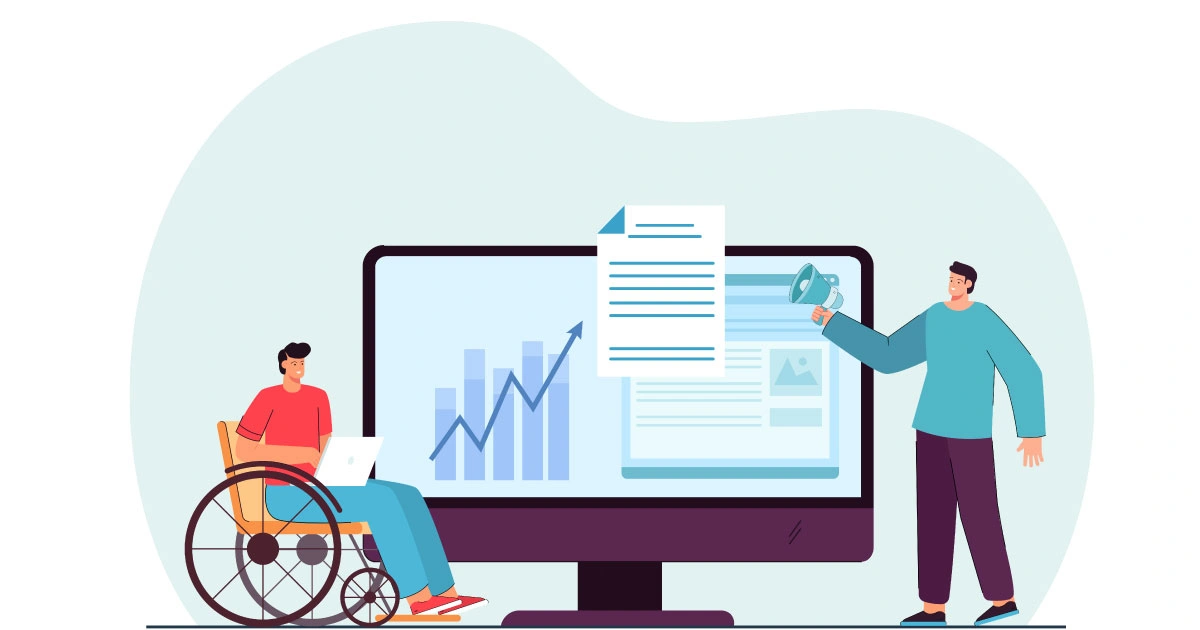
NDIS goals should be clear, simple, and easy to measure, so you know exactly what you’re trying to achieve. They should also have a time frame, meaning you set a target date, like achieving the goal in three months. If you work with disability mentoring services or an individual mentoring service, they can help you with planning & goal setting. This way, you can make sure your goals are realistic and achievable within the time you’ve set.
Who Can Help You Set Your Goals?
You don’t have to set your goals alone – you can ask others for help if you’d like. For example, your friends, family, or NDIS representative can help you set goals that are tailored to your needs and aspirations. We can also talk together about what your goals mean for your NDIS plan. This includes discussing:

- What will your goals look like for you?
- How can you work towards them?
- When would you like to start working on them?
- What type of support would help you reach those goals?
Having a goal is important, but it doesn’t always mean we can get the money to support it. We will also discuss where you might find help, like through community services, regular programs, or NDIS funding. This could include helping to solve problems, learn new things, or break big goals into smaller, easier steps.
Considerations Before Setting Your Goals
When planning for your future, there are some important questions you can ask yourself to help set your goals:
- What matters most to you at this moment?
- Are you working or studying, and do you need help to keep going or make changes?
- Are you interested in beginning work, furthering your studies, or getting involved in volunteering?
- Do you feel you have enough opportunities to join in community activities, or would you like to do more?
- Do you need to learn new skills, like using public transport, to join more activities?
- Are there any aspirations you’re aiming to pursue?
As your NDIS plan comes to a close, it’s a good time to look back and see if you’ve reached your goals. This will help you set new, measurable and achievable goals for the next plan.
For example, you might set a goal like, “I want to get a part-time job where I can use my computer skills.” You can then break this into smaller steps, such as improving your job search skills. Disability mentoring services or a personal mentor can assist you in planning and setting goals, ensuring they are clear and achievable.
The Power of Goal Setting in Your NDIS Plan
A goal is a clear image of your desired future—it’s something you set your sights on and dedicate yourself to reaching. When you have a clear goal in mind, it helps you stay focused on what you want to do. This is especially important when it comes to your NDIS plan.
Taking time to reflect on and set meaningful goals is key to creating an NDIS plan that works for you. It not only keeps you motivated and inspired but also helps make sure your plan is cost-effective and avoids unnecessary spending. A well-thought-out plan means you can focus on what truly matters to you and get the support you need.
If you need help with planning and setting goals, disability mentoring services or a personal mentor can guide you. They ensure that your objectives are practical and attainable. This way, you’ll have a plan that fits your needs and helps you progress.
NDIS Long-Term Goals vs. Short-Term Goals
When creating your NDIS plan, it’s important to understand the difference between long-term and short-term NDIS goals. Both types are crucial for personal growth, but they focus on different time frames and needs. Here’s a breakdown of the differences:
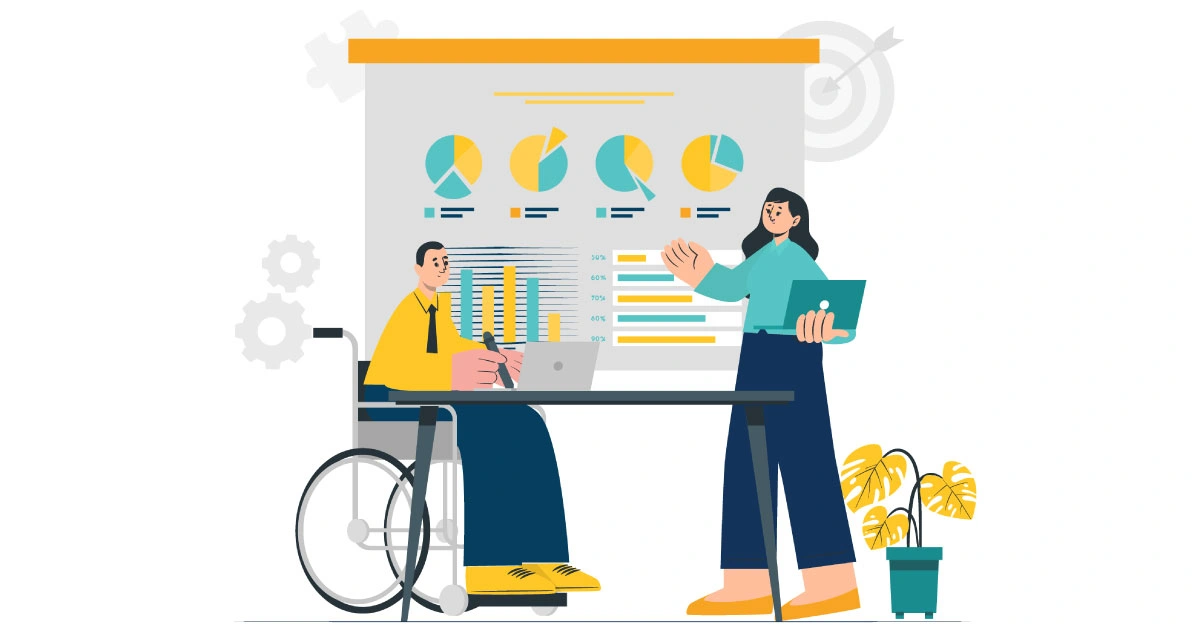
NDIS Long-Term Goals:
Long-term NDIS goals focus on larger outcomes you want to achieve over an extended period, often taking several years. The NDIS goals you set play a key role in guiding your NDIS plan, with the aim of fostering greater independence and helping you achieve a sense of fulfilment.
Examples of Long-Term Goals:
- Securing a full-time job in a field of interest and maintaining stable employment.
- Achieving independent living with minimal support, such as managing your home and finances.
NDIS Short-Term Goals:
Short-term goals are focused on immediate, achievable tasks that support your progress toward your long-term NDIS goals. These are typically goals you can work on and complete within the next 12 months.
Examples of Short-Term Goals:
- Attending a career development workshop or gaining a certification related to your job interest.
- Practising cooking skills or learning how to use public transportation to increase independence.
A successful NDIS plan involves setting goals that include both long-term and short-term objectives. Individual mentoring services or a personal mentor can help you make sure your NDIS goals are realistic, achievable, and fit with your overall life plans.
How to get your NDIS goals funded?
Getting your NDIS goals funded requires careful planning and preparation. To increase your chances of approval, it’s important to make sure your NDIS goals are clear, realistic, and fit within the NDIS guidelines. Here are some steps to help you secure funding for your goals:
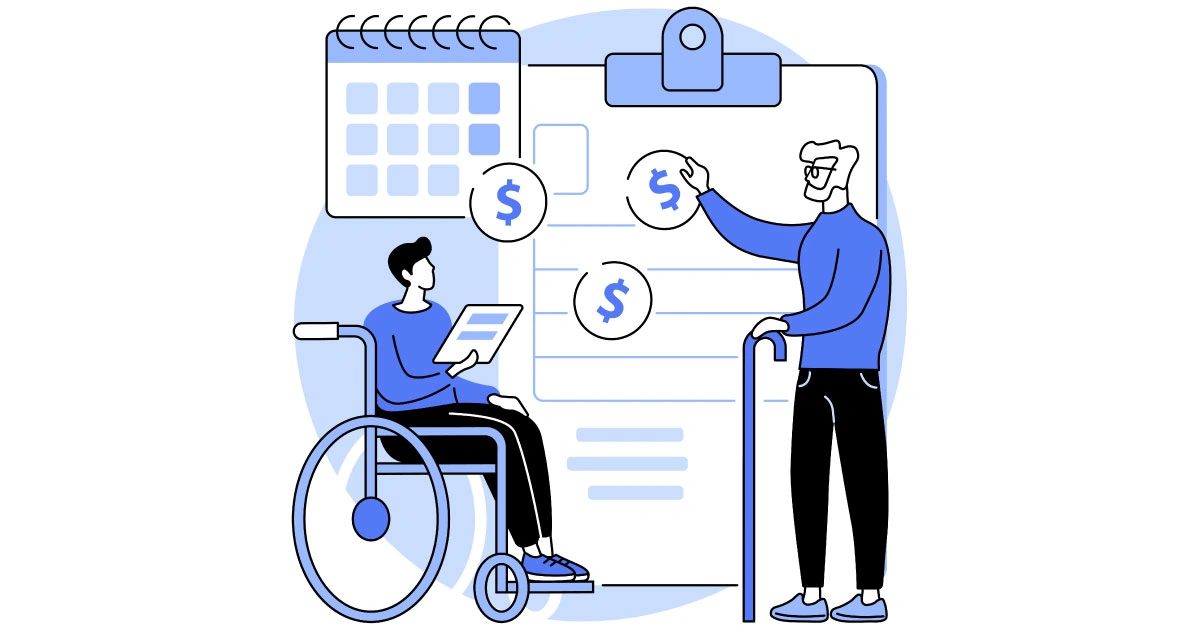
- Set Clear and Detailed Goals
Ensure your goals are specific, easy to understand, and clearly tied to the support you need. This helps NDIS see exactly what you’re aiming for and how the funding will support your progress. - Provide Supporting Evidence
Include any relevant documents, like medical reports, assessments, or recommendations, to strengthen your request and show the need for the support you’re asking for. - Know Your Funding Categories
Get to know the various NDIS budget categories so you can understand what’s included and covered. Make sure your NDIS goals fall within the right category to increase your chances of approval. - Work with a Support Coordinator
A support coordinator can guide you through the NDIS process, assist with planning and goal setting, and make sure your goals are clearly communicated to the NDIS. - Prepare for Your Planning Meetings
Be ready to discuss your goals in detail during planning meetings, explaining how the support will help you achieve them and meet your needs. - Consider Other Funding Options
If your initial funding request isn’t approved, explore alternative funding options like Capacity Building support or help from other government programs.
To Conclude
Reaching your NDIS goals is a journey that needs careful planning, regular check-ins, and a clear idea of what you want to achieve. Set specific, measurable, and realistic goals, break them into doable steps, and keep track of your progress. This approach helps you stay focused and move towards independence and personal growth. Remember to be flexible—your goals might change as your needs do, and that’s completely fine.
If you want to be more independent, find better jobs, or get better at daily tasks, the right help can really change things. Getting support from disability mentors, making plans, and having a personal mentor can guide you to success. To get the right steps and help, you can contact to NDIS provider.
